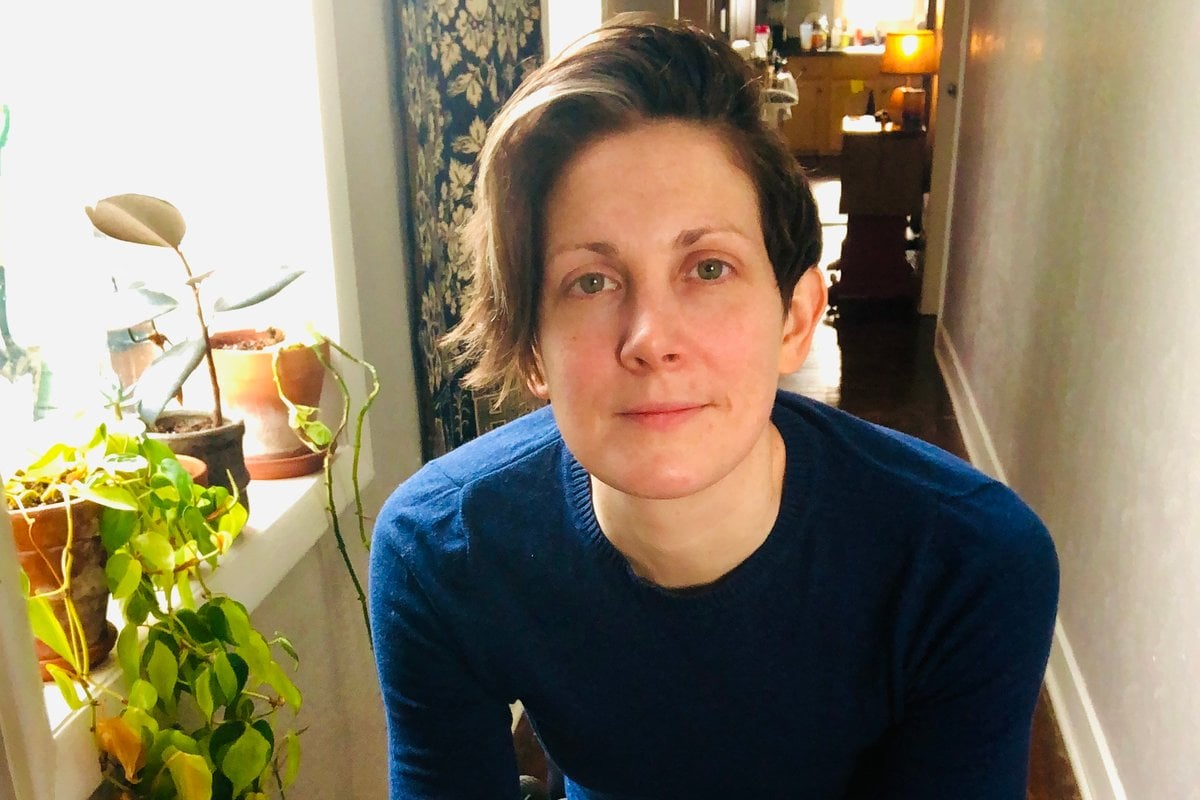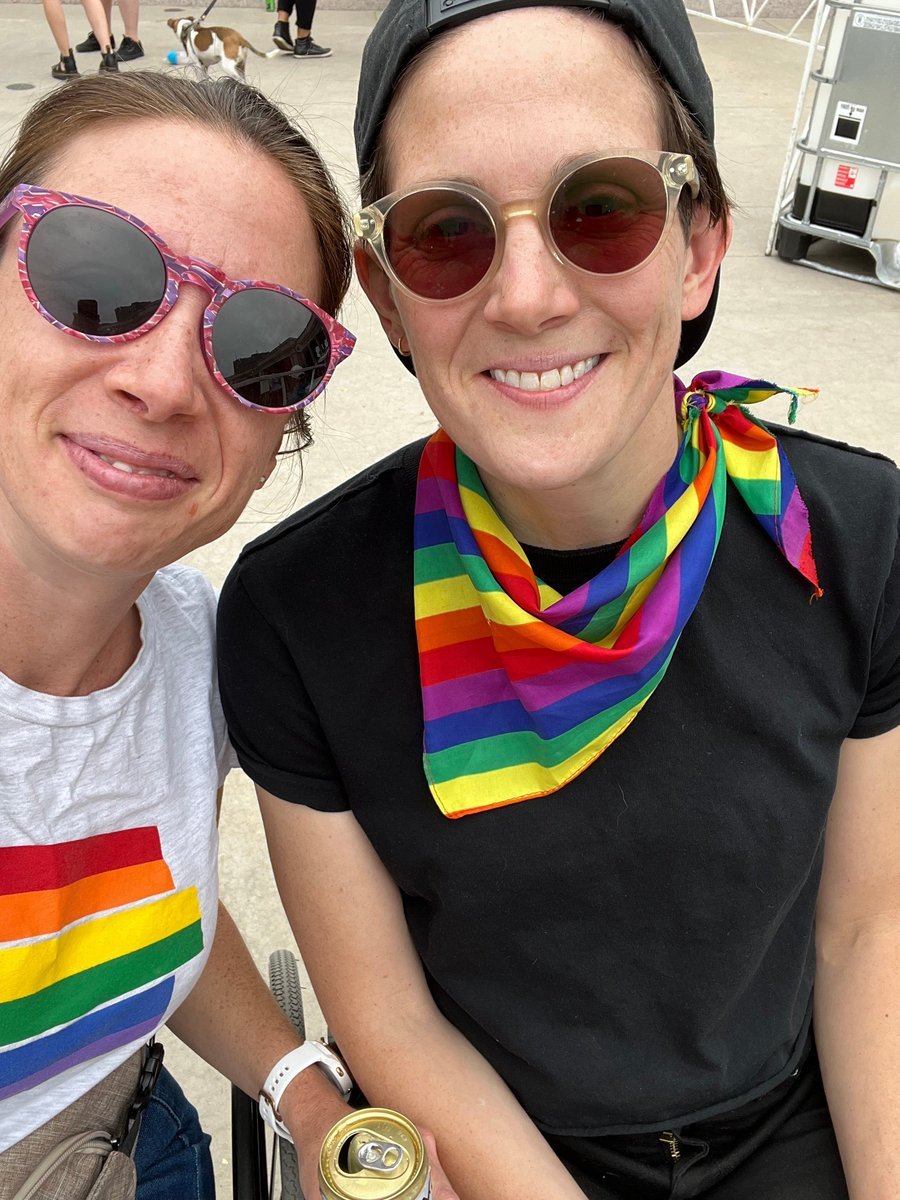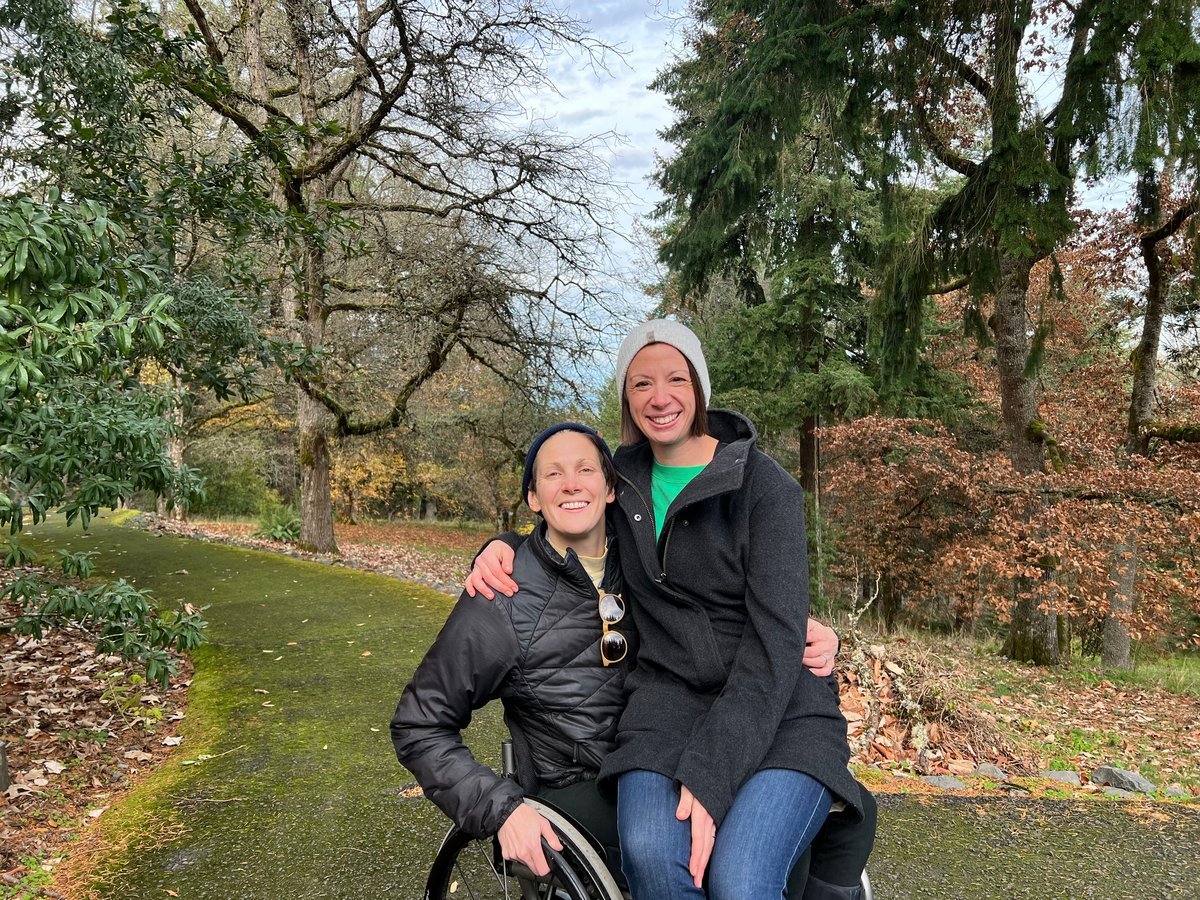
For Rachel Zoeller (she/they), using a strap-on harness and dildo for pleasure during sex hasn’t always been necessary, or even desired. But that changed in October 2019 when Rachel acquired a severe spinal cord injury, leading Zoeller and their partner Alison to start navigating sex in a whole new way.
“I had a rock-climbing accident”, Zoeller says “I fell 60 feet from the top of the anchors to the dirt.”
Zoeller is now, primarily, a wheelchair user. And she hasn’t had an orgasm since the accident.
“I do get some pleasure around my clitoris,” Zoeller says. “But it's there for a second, and then it's either hypersensitive or it gets totally desensitised.”
Zoeller and Alison are sex positive people and Zoeller’s lack of orgasm hasn’t been for lack of trying. Instead, it’s the healthcare system that has let them down, as Zoeller has received no information from healthcare professionals about how to experience sex and pleasure in her new body.
How are women having sex? The juiciest results from the Mamamia Sex Survey. Post continues after video.


Top Comments